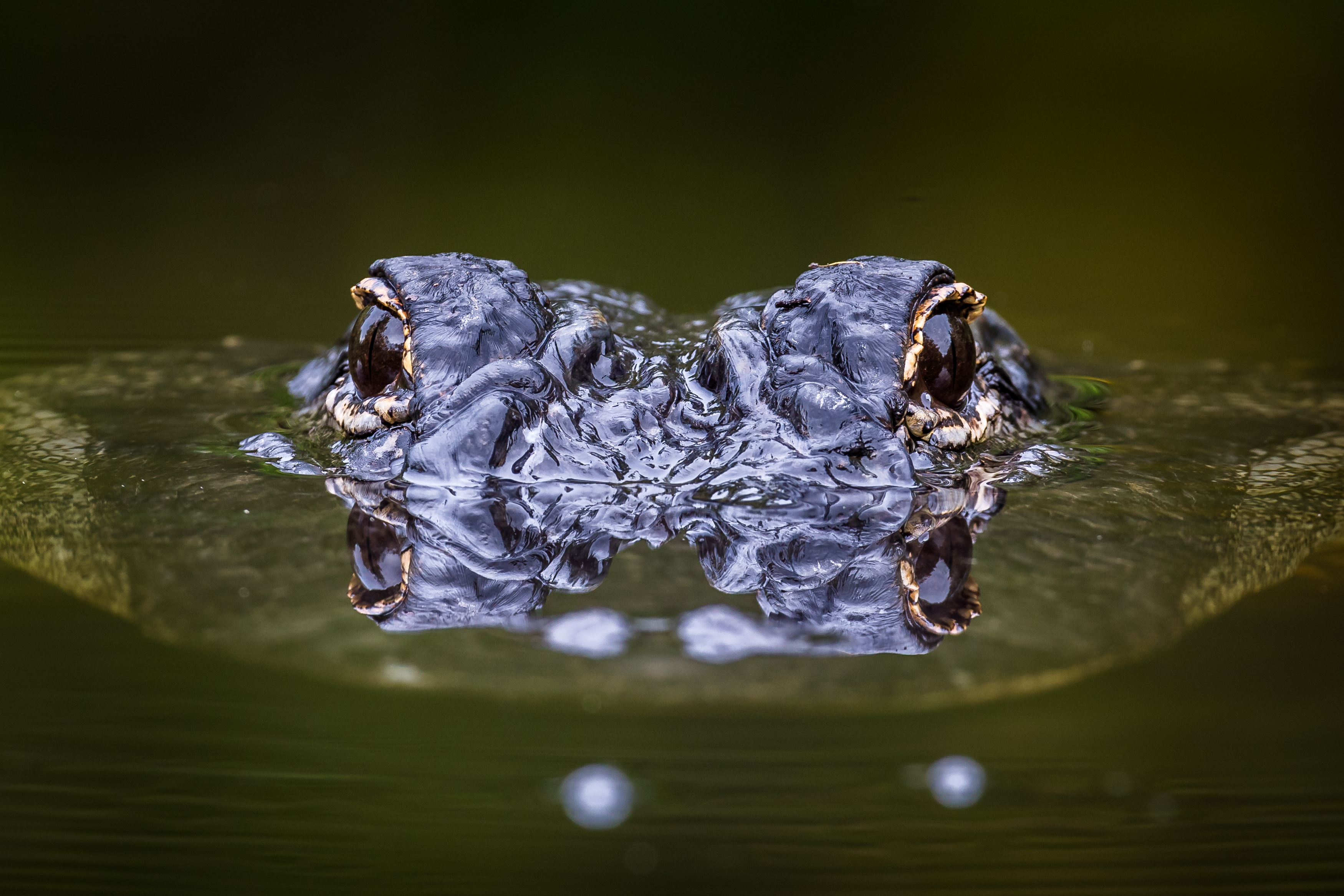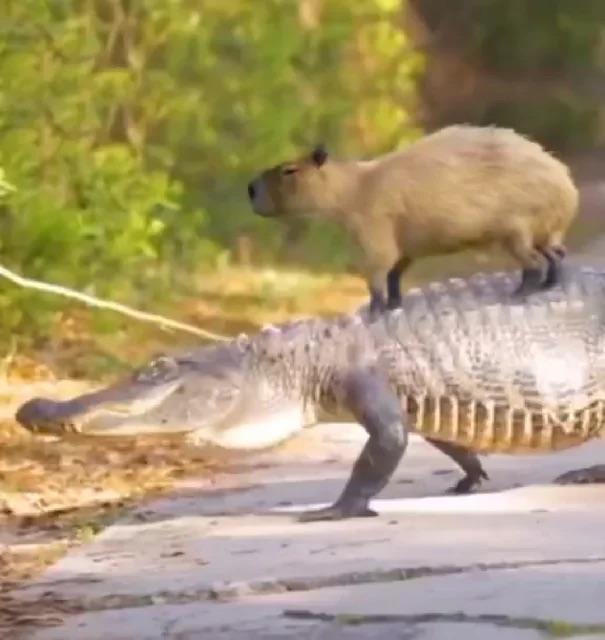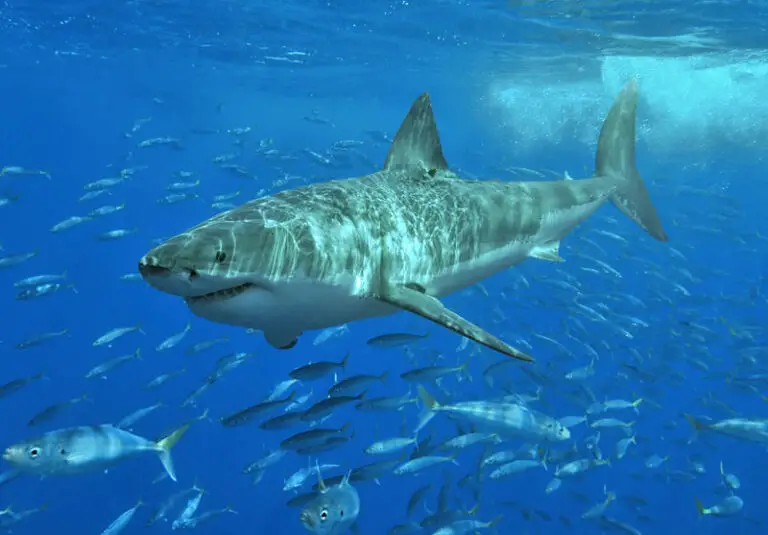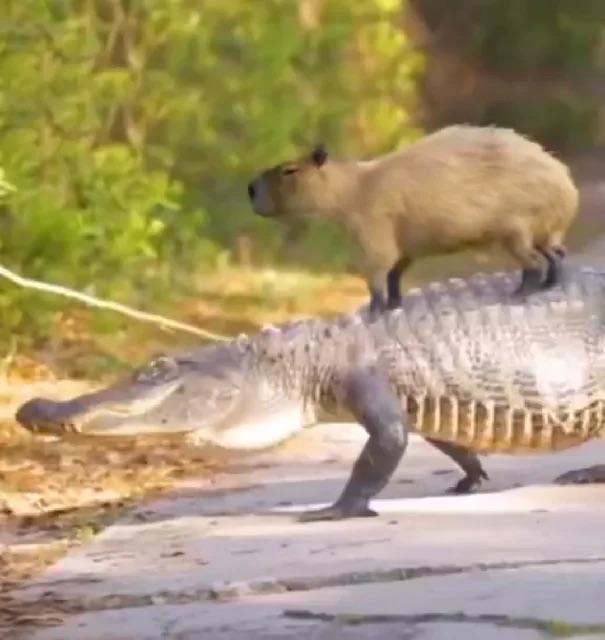How Long Can a Crocodile Hold Its Breath Underwater
A crocodile can hold its breath underwater for an impressive amount of time, typically more than an hour. This ability is essential for these ancient reptiles as they spend a significant amount of time lurking beneath the water’s surface, patiently waiting for their prey to approach.
Researchers have observed crocodiles staying submerged for up to two hours, showcasing their remarkable respiratory adaptations. Instead of regularly surfacing for air, crocodiles rely on their powerful lungs, efficient oxygen storage, and specialized valves in their arteries to control blood flow and conserve oxygen.
These adaptations allow crocodiles to navigate and hunt stealthily in their aquatic habitats, making them formidable predators.

Credit: www.discoverwildlife.com
The Breath-holding Abilities Of Crocodiles
Crocodiles can hold their breath underwater for extended periods, with some reports of up to two hours. This remarkable adaptation allows them to remain submerged for lengthy stretches while waiting for prey or lying in wait. When it comes to comparing this ability to other animals, crocodiles surpass many other species in their breath-holding capacity. Factors such as water temperature can influence the duration of their submerged state, and they have evolved specific physiological mechanisms to support this ability.
Understanding Crocodile Sleep Patterns
Crocodiles have fascinating sleep patterns. They sleep both near water and on land. Sleeping near water allows them to easily transition from sleep to hunting or escaping from threats. It also ensures that they can quickly find a source of water to drink and regulate their body temperature. Crocodiles can sleep hours on land without needing to worry about waking up to breathe, as they can hold their breath underwater for an extended period of time.
Crocodiles rarely sleep far from a water source, as they may need to periodically nap in the water. This behavior is similar to alligators, who also sleep both on land and in the water. The ability to sleep near water and hold their breath for a significant amount of time allows crocodiles to conserve energy and maximize their hunting efficiency. It’s truly remarkable how these creatures have adapted to survive in their environment.
The Physiology Behind Crocodile Breath-holding
Did you know that crocodiles can hold their breath underwater for extended periods of time? These incredible creatures have several adaptations that allow them to survive in aquatic environments.
One of the key adaptations for underwater survival is their oxygen rationing mechanisms. Crocodiles have a specialized system that allows them to control their heart rate and conserve oxygen during dives. This enables them to stay submerged for extended periods without needing to come up for air.
Research on crocodile physiology has shown that their lungs also play a crucial role in their breath-holding ability. Crocodile lungs have extra air sacs that store oxygen and help maintain buoyancy underwater. These air sacs also act as a reservoir of fresh air, allowing them to take in large breaths before diving.
The ability to hold their breath for extended periods has been observed in various crocodile species, including the Nile crocodile and saltwater crocodile. In fact, some crocodiles have been observed staying submerged for up to two hours!
Examining Crocodile Behavior Underwater
Crocodiles possess an incredible ability to hold their breath underwater for extended periods of time. This behavior enables them to remain submerged for over an hour, facilitating stealthy hunting and ambush tactics. Environmental factors, such as water temperature and oxygen levels, may influence the duration of their submersion. Observations of crocodile behavior underwater have revealed the remarkable adaptations that allow them to remain submerged for extended periods, demonstrating their remarkable survival abilities in aquatic environments.
Exploring The Longevity Of Crocodiles
Crocodiles have the remarkable ability to hold their breath underwater for extended periods. While the exact length of time varies, crocodiles can typically hold their breath for up to an hour, although some individuals have been known to go even longer. This impressive ability is a result of their unique lung structure and adaptations to their environment.
The lifespan of crocodiles is also quite remarkable. Depending on the species, crocodiles can live anywhere from 30 to 70 years in the wild. Factors such as habitat quality, availability of prey, and genetic variations contribute to their longevity.
These characteristics have important implications for crocodile conservation efforts. Understanding the factors that affect their longevity can help conservationists create and implement effective strategies to protect their habitats and ensure their survival. It is crucial to preserve crocodile populations as they play a vital role in maintaining healthy ecosystems.

Credit: www.telegraph.co.uk
Credit: www.quora.com
Frequently Asked Questions Of How Long Can A Crocodile Hold Its Breath Underwater
What Animal Can Hold Its Breath The Longest?
The Cuvier’s beaked whale can hold its breath underwater the longest. It is known for its long, deep dives.
Can Alligators Hold Their Breath For 24 Hours?
Alligators cannot hold their breath for 24 hours, they can hold their breath for about 1-2 hours underwater.
How Long Can An African Crocodile Hold Its Breath?
An African crocodile can hold its breath underwater for over an hour. They have a unique ability to stay submerged due to certain physiological mechanisms that help ration their oxygen supply.
Can Crocodiles Sleep Underwater?
Crocodiles can sleep underwater without needing to surface for breath because they have the ability to hold their breath for over an hour. They usually sleep on land but may take naps in the water. This allows them to sleep longer without worrying about breathing.
Conclusion
Crocodiles have an impressive ability to hold their breath underwater, with some species capable of doing so for more than an hour. This remarkable adaptation enables them to wait patiently for prey or lie in wait for potential threats, showcasing the incredible survival strategies of these ancient creatures.
Their unique physiology and behavior continue to fascinate researchers and nature enthusiasts alike.





